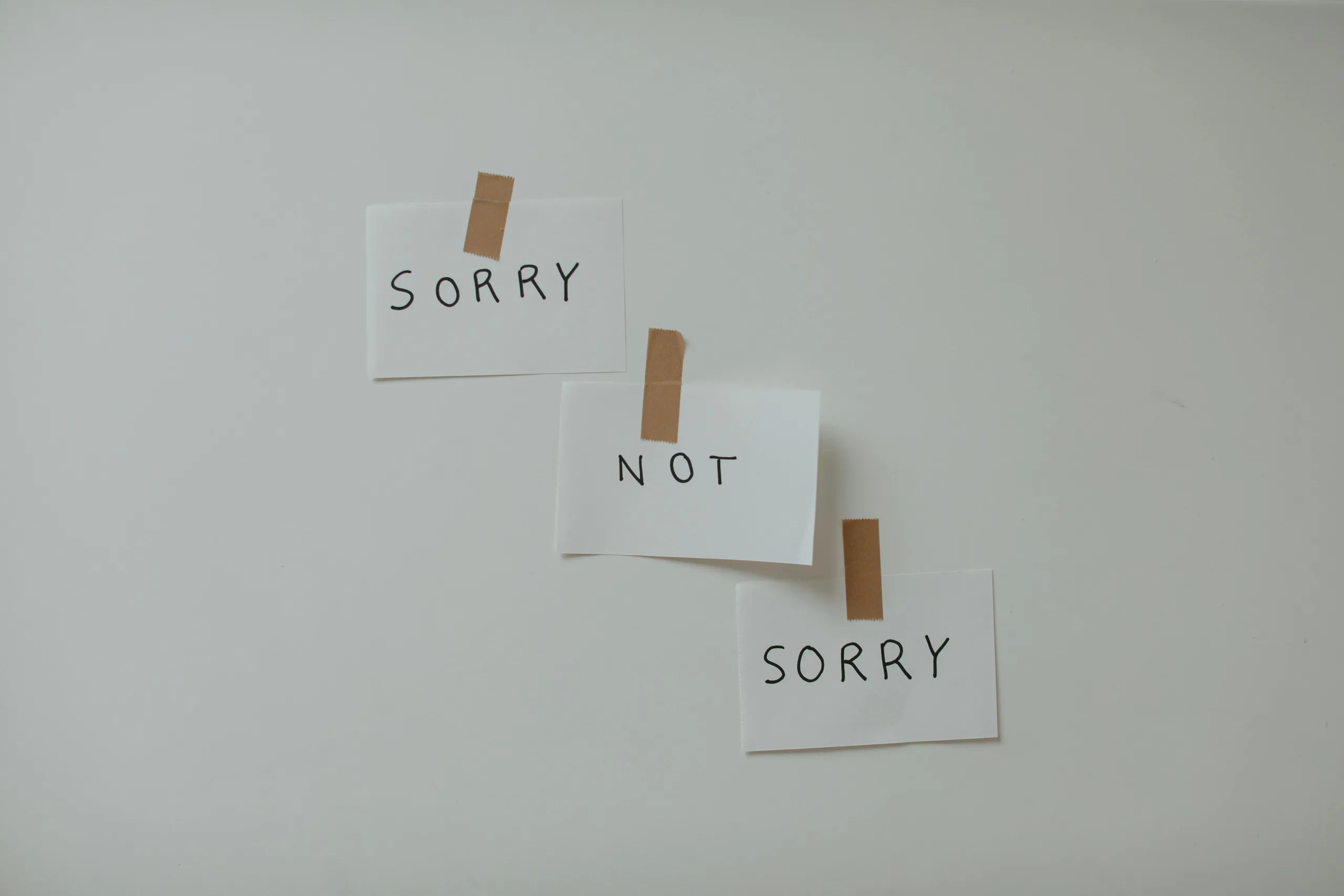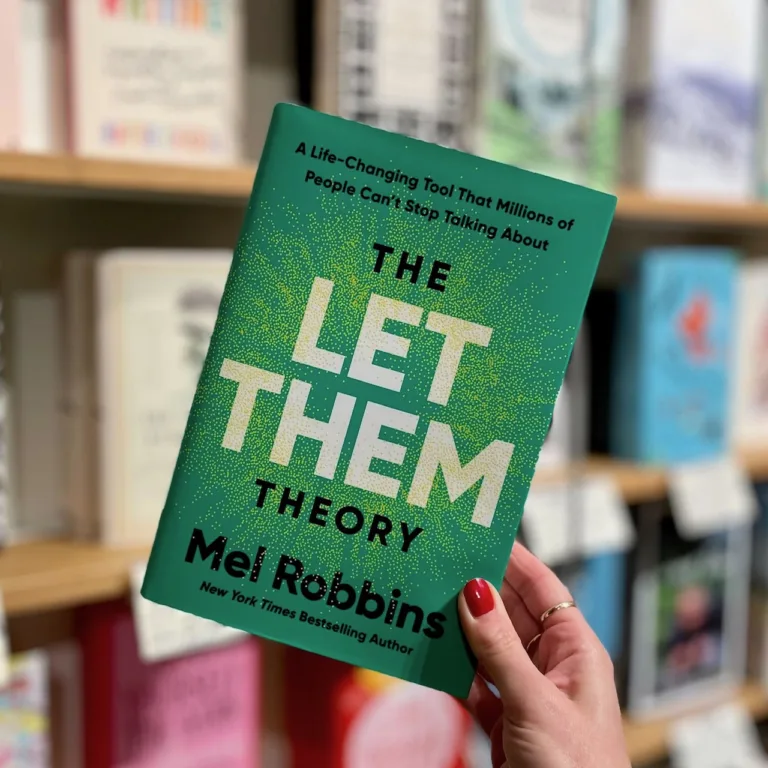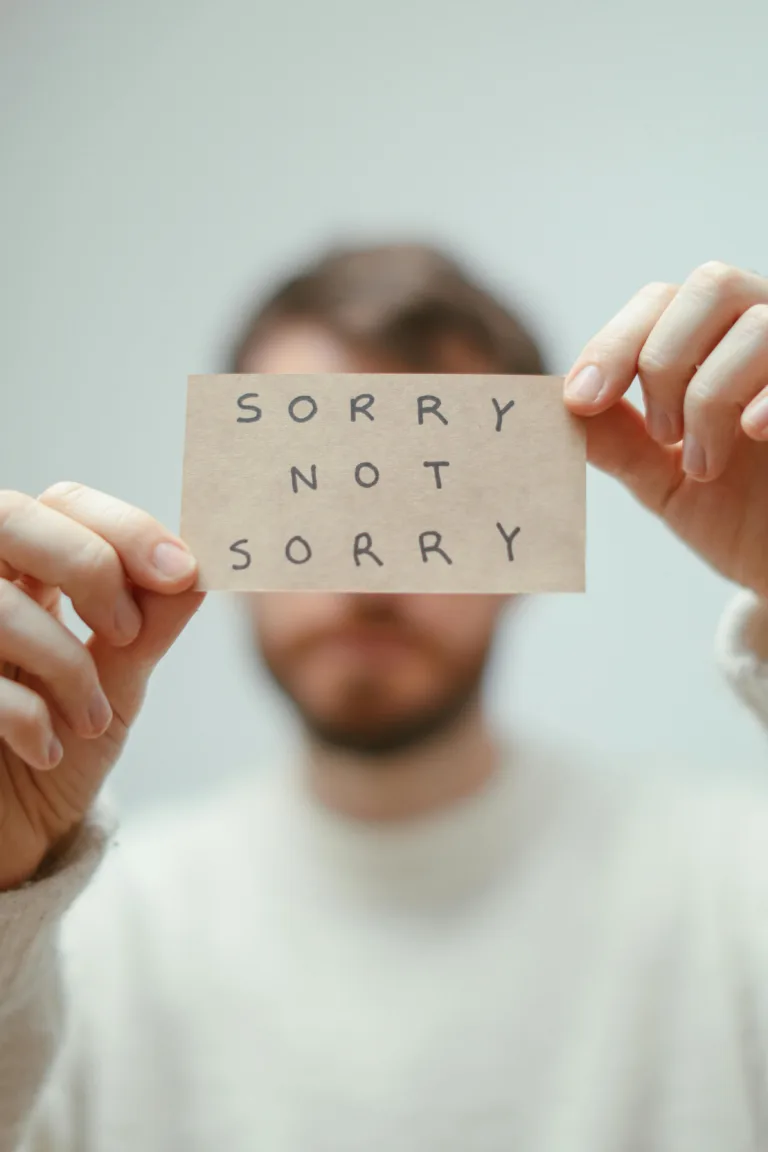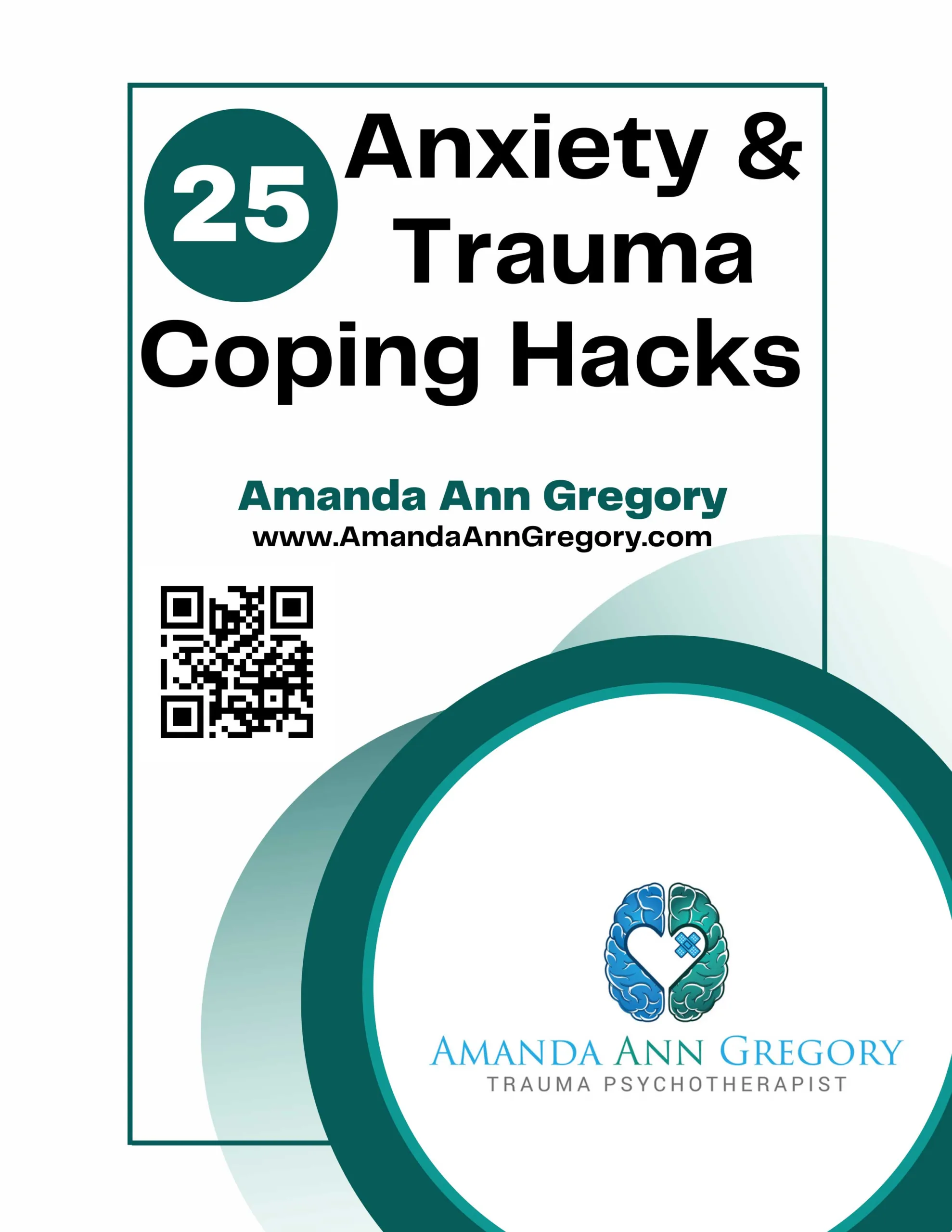You’ve made a mistake that negatively impacted someone, and you’d like to apologize. How can you provide the best apology?
While writing my book, You Don’t Need to Forgive, I discovered that many people don’t know how to apologize, which negatively impacts their ability to repair ruptures in their relationships.
If you want your apology to be as genuine and effective as possible, avoid these five most common mistakes, and try these tips on how to prevent them.
1. Not taking specific accountability
“I’m sorry that you feel that way.”
This is not an apology, as it’s a general statement that lacks meaning and intention. What is the speaker taking accountability for? Nothing; they are implying that their actions, or lack thereof, did not contribute to a person’s emotional state. They are blameless.
“I’m sorry I hurt you.”
This is also not a clear apology. Although it implies that a wrong was committed, it does not provide specifics. If the person did not feel hurt, was no wrong committed? This statement suggests that the person’s emotion is the focus, not the wrong.
Imagine this scenario: you promised your friend that you would pick up their child from school, and you failed to do so. The child is left at school, and your friend has to rush to pick them up, only to be scolded by an angry principal. Your friend tells you that they feel betrayed and are not sure if they can trust you.
To apologize, you need to identify what you are explicitly taking accountability for. What did you do wrong?
Consider saying this:
“I promised to pick you up your child, and I failed to do so. I’m sorry.”
Taking accountability for specific actions or inactions informs your friend that you are fully aware of your mistake.
2. Deflecting Blame
“I’m sorry I forgot to pick up your kid, but you should have reminded me like you did the last time I picked them up.”
This isn’t an apology, as the efforts to take accountability are minimized by focusing on the person who was harmed rather than the offender. If your actions or inactions were influenced by the person whom you wronged, it may be beneficial to inform them of their involvement. However, discussing this during an apology isn’t the right time. When you apologize, focus on the wrong that was committed. Once you have apologized, you can then explore the contribution of the other person and what you need from them.
Consider saying:
“I didn’t realize how much I rely on your reminders, and when I didn’t receive one this time, I forgot. Could you please remind me in the future?”
3. Making excuses or explaining too soon
“I’m sorry, but I’ve been busy and depressed and that’s why I forgot to pick up your child. I’m going through a lot, and I need you to understand that.”
This is not an apology; it’s an excuse or an attempt to explain. When you take specific accountability, there are no excuses. Try to avoid providing explanations while apologizing. If you need to explain your actions or inactions, you can do so at a later time after you have apologized.
After you’ve apologized, consider saying:
“I appreciate you accepting my apology. I want you to know that I have been stressed and depressed recently, and this impacted my forgetfulness. This is not an excuse for my actions. I wanted to let you know.”
4. Not focusing on the impact of your offense
In addition to taking accountability, you must also acknowledge the impact that you had on the one you harmed. Ask yourself, how did my actions or inactions impact them? Put yourself in their shoes and imagine how they must have felt; include this perspective in your apology. Additionally, explain how you have negatively impacted the relationship.
Consider saying this:
“I promised to pick you up your child and failed to do so. As a result, you had to rush to the school from work and also had to deal with their principal, who was angry at you. I can imagine how stressful must have been for you and why you feel betrayed. I see how I’ve fractured your trust.”
What if you’re unsure of how you’ve impacted them or the relationship? Instead of jumping to providing an apology, ask them.
Consider asking these questions:
- How did my actions (or inactions) impact you?
- How did you feel then?
- How do you feel now?
- How did this impact our relationship?
Communicating the impact on the person and the relationship demonstrates humility and empathy, which are vital components of an effective apology.
5. Expecting forgiveness
“I need you to forgive me.”
“You have to forgive me.”
“You’ll feel better if you forgive me.”
You cannot control if someone will forgive you; this is entirely their decision. If you try to force or pressure them to forgive, it won’t be successful, as genuine forgiveness comes only when it is freely given and after emotional processing has occurred. People need to feel before they can forgive, and forgiveness is unlikely to happen on the offender’s timeline.
Instead of expecting forgiveness, focus on making restitution. What can you do to repair the rupture in the relationship? Be careful not to make promises or commitments that you cannot keep.
Consider asking:
- What do you need from me to repair our relationship?
- What do you need from me in the future?
- How can I begin to earn your trust?
Avoiding these five common apology mistakes can improve your apologies by making them more genuine and effective in supporting your relationships.
Purchase my book, You Don’t Need to Forgive

Sign up to get your Free eBook: 25 Anxiety & Trauma Coping Hacks
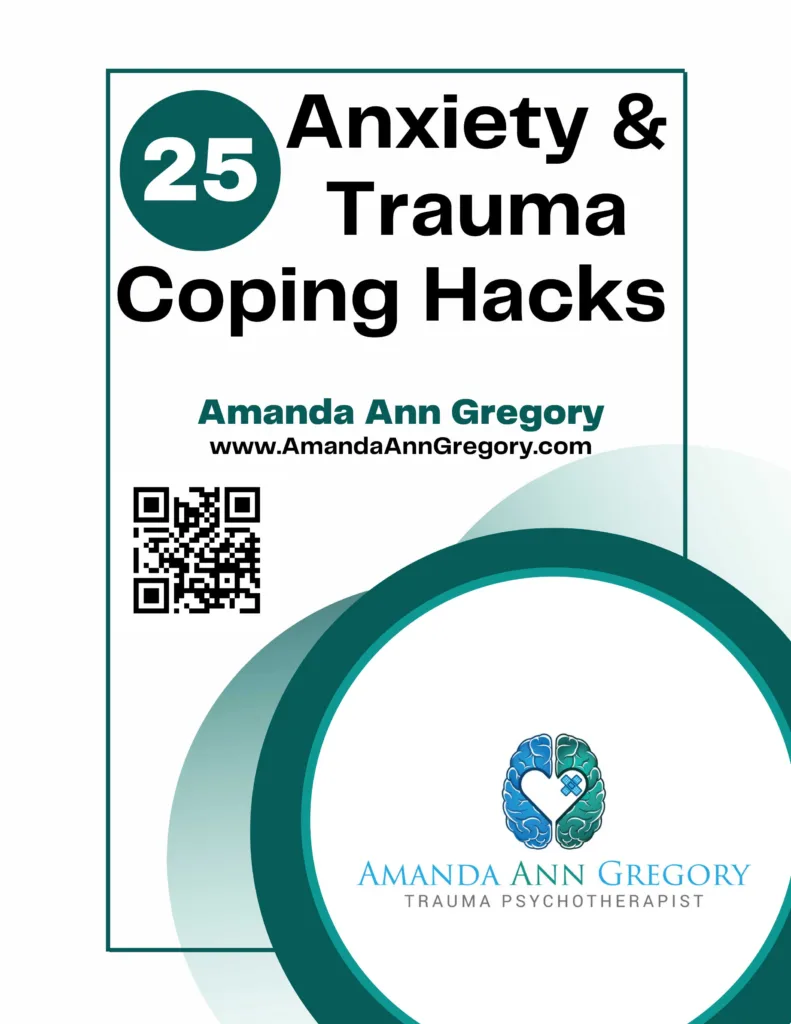
Hire me to speak at your event! Contact Me
